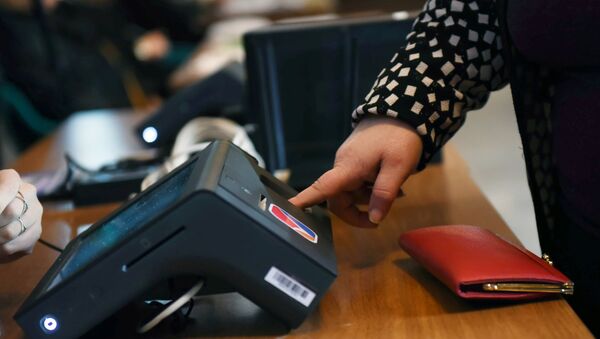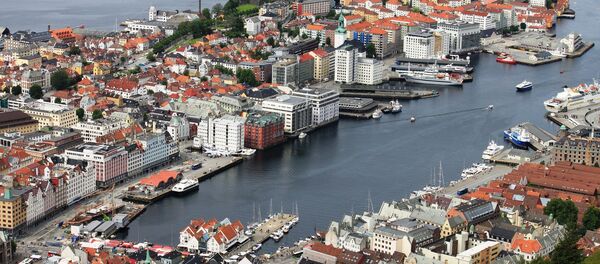The Data Inspectorate is highly critical of the government supporting the cheaper option. The authority itself proposed to remove the date of birth and instead go for eight-digit IDs, which are better for privacy, have better compatibility and accept more changes. According to the Data Inspectorate, this system works best and its fully worth its cost.
The Data Inspectorate also questions the estimation from the Tax Directorate, which concluded its variant is almost 10 times more expensive than the government's.
"We do not envisage that it will cost [$3 billion] more to replace the date of birth with neutral numbers and switch from 11 to eight digits," Data Inspectorate Vice President Knut Kaspersen told the Norwegian newspaper Aftenposten, venturing that the Tax Directorate's estimate was unsubstantial and its explanation unsatisfactory.
"It implies, among other things, extra costs for systems not adapted to alphanumeric values [which contain both letters and numbers]," communications adviser Helene Megaard said.
Since 1965, all born in Norway or meeting the qualifications for a Norwegian passport have been assigned an ID number (colloquially known as a "birth number" since it is usually issued to newborn children) consisting of 11 digits — the date of birth (six digits) and a social security number (which in turn consists of a three-digit individual number and two check digits). Women are assigned even individual numbers; men are assigned odd individual numbers. When over seven million "birth numbers" are assigned, Norway will be running out of new numbers.
Norway, which currently has a population of 5.2 million, is projected to experience exponential growth due to continued high immigration and a rising life expectancy rate, reaching seven million in the coming decades.





